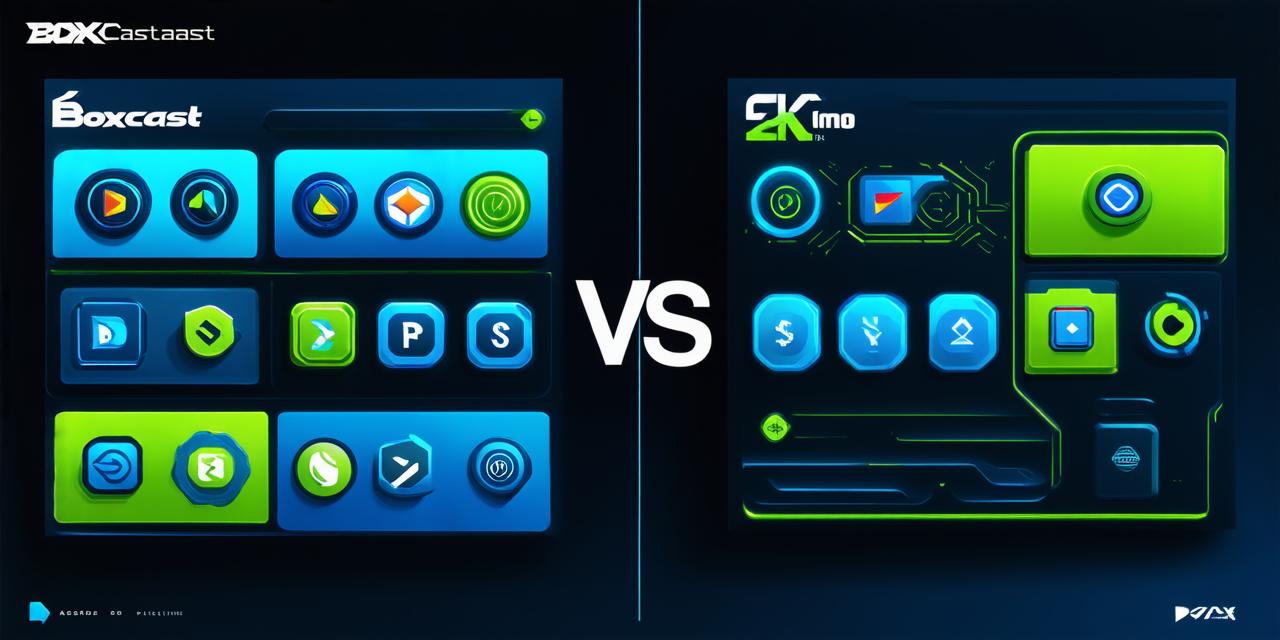In Unity, boxcasts are used to check for collisions between two objects. However, there are two types of boxcasts available in Unity: BoxCast and BoxCastAll.
What is a BoxCast?
A BoxCast is a type of collision detection that is used to check for collisions between two objects in 3D space. It uses a rectangular prism (a “box”) as its projection and tests whether the two objects overlap within that box. If they do, a collision is detected.
What is a BoxCastAll?
A BoxCastAll is similar to a regular BoxCast, but it returns all points of intersection between the two boxes. This means that if there are multiple points of intersection between the two boxes, the BoxCastAll will return all of them.
When to Use a BoxCast vs. BoxCastAll?
The main difference between these two types of boxcasts is that the BoxCast only returns a Boolean value indicating whether or not there is a collision between the two objects, while the BoxCastAll returns a list of points where the two boxes intersect. If you need to find all points of intersection between the two boxes, you should use a BoxCastAll. If you only need to know if there is a collision and don’t need any specific points of intersection, you can use a regular BoxCast.
Summary
In conclusion, while both BoxCast and BoxCastAll are used for collision detection in Unity, they differ in the type of information they return. The BoxCast only returns a Boolean value indicating whether or not there is a collision between the two objects, while the BoxCastAll returns a list of points where the two boxes intersect. Knowing when to use each type of boxcast can help you optimize your code and improve performance in Unity.
